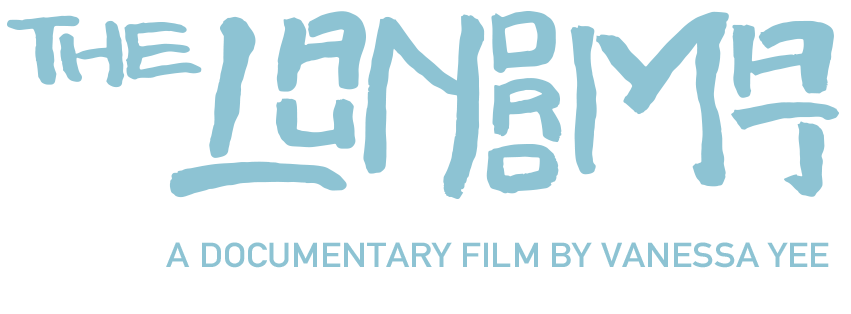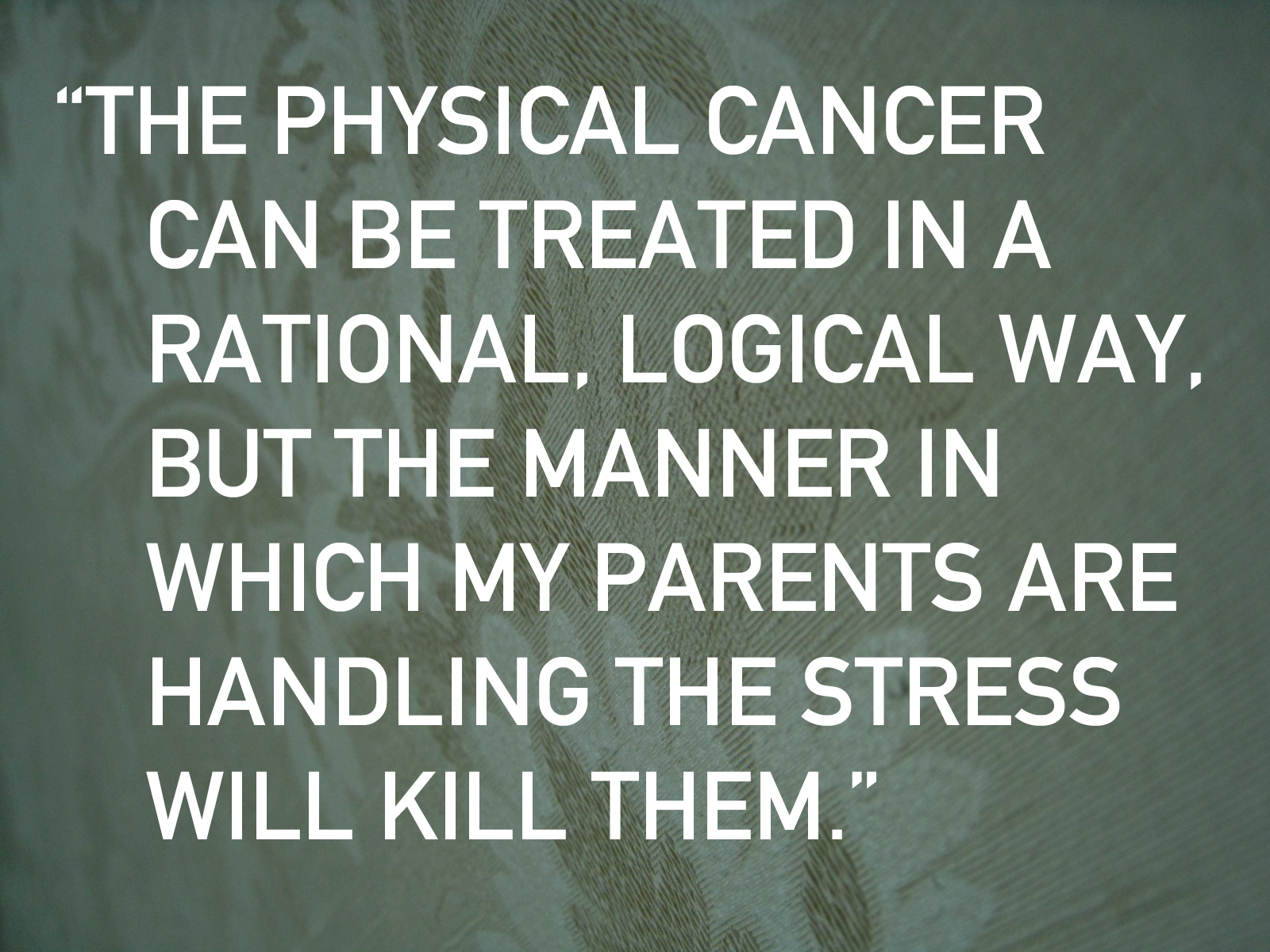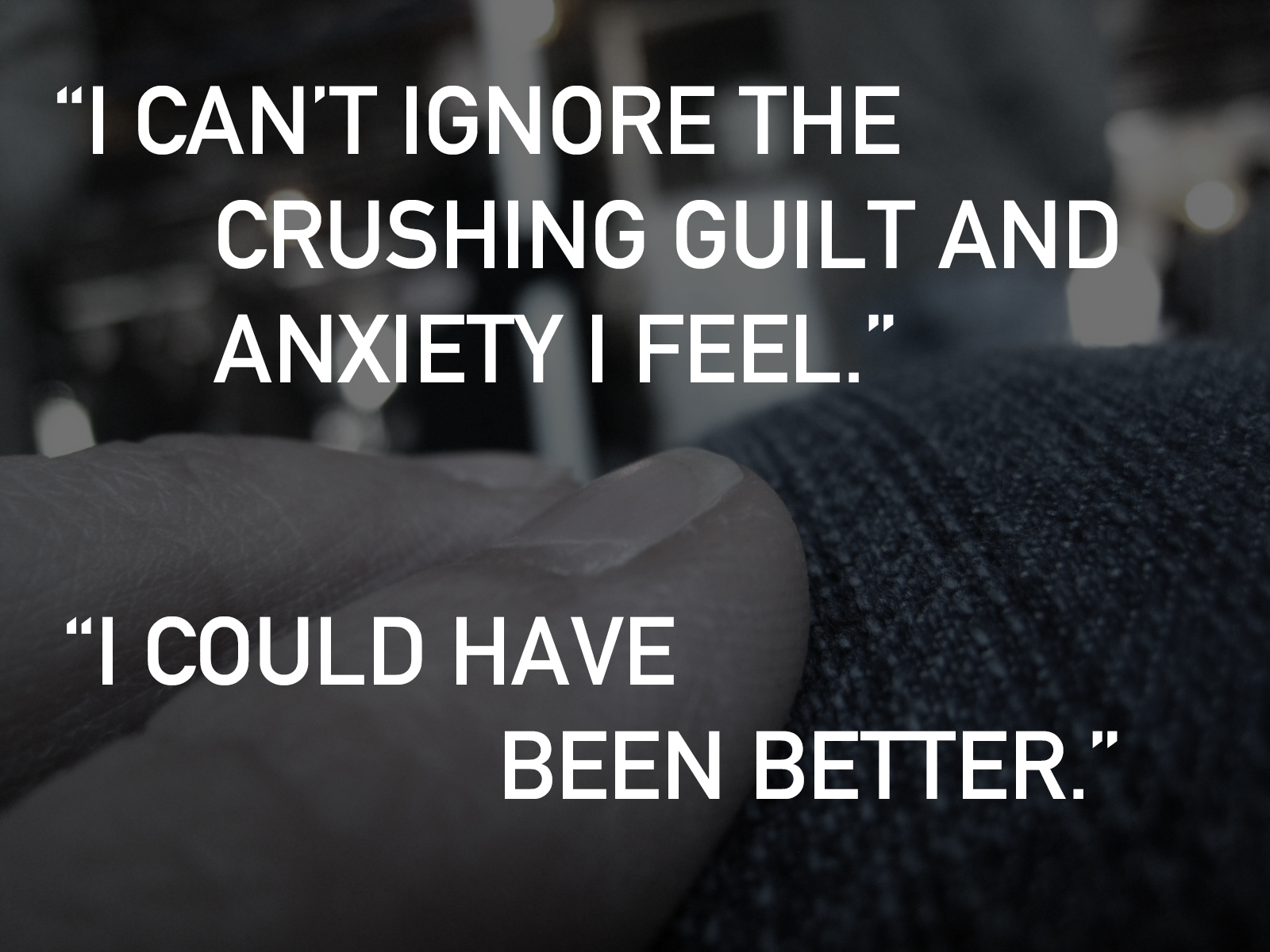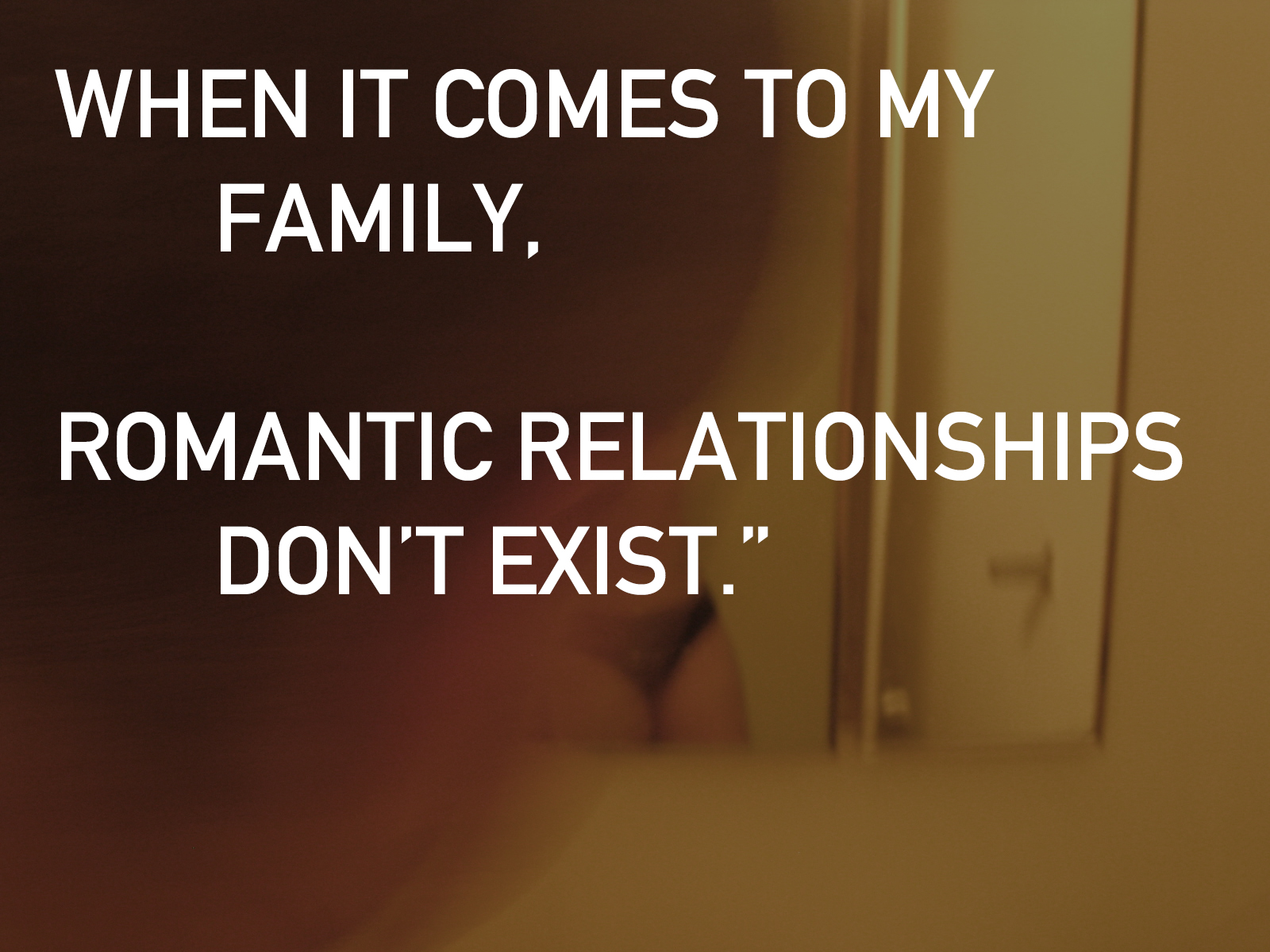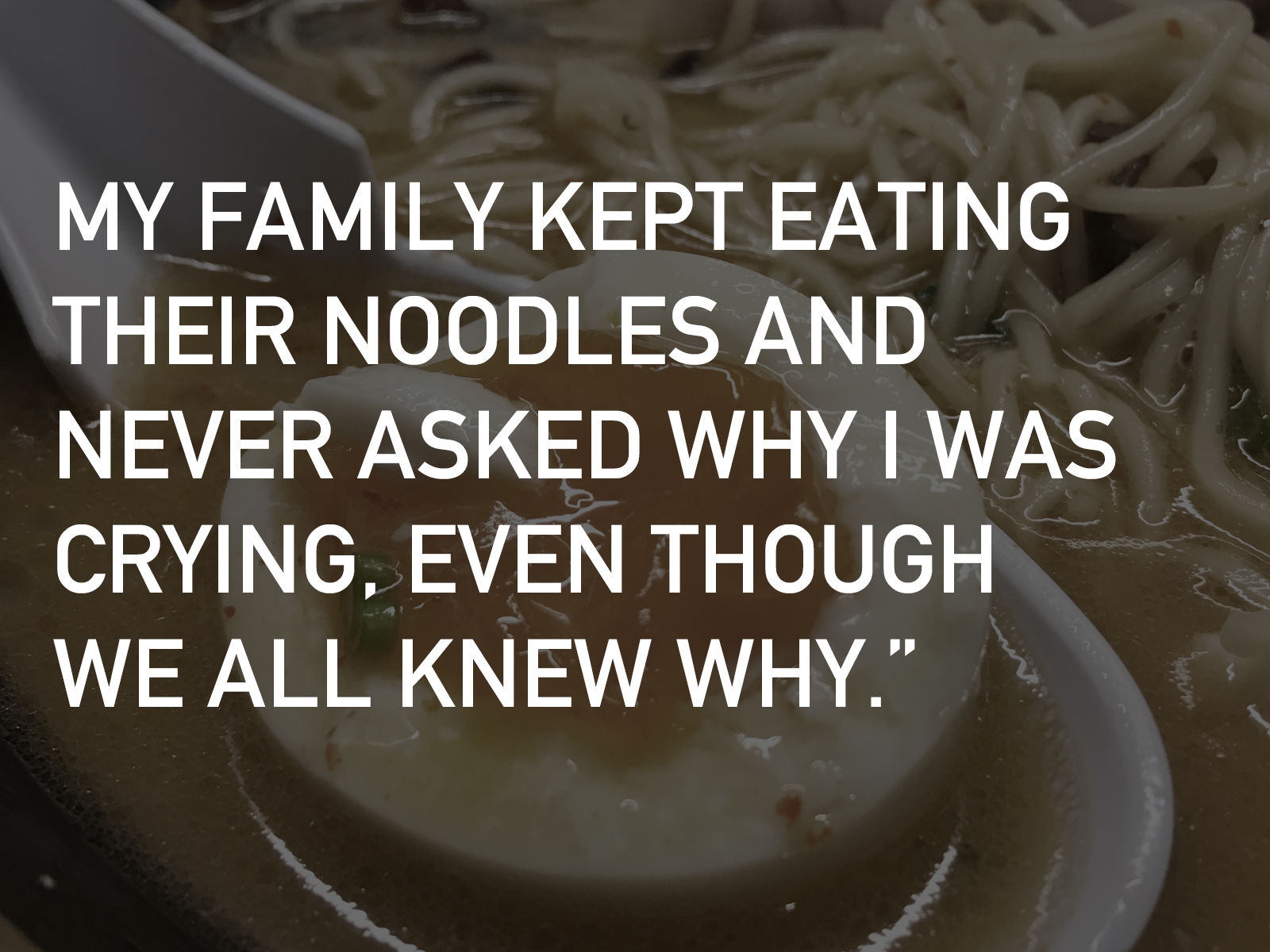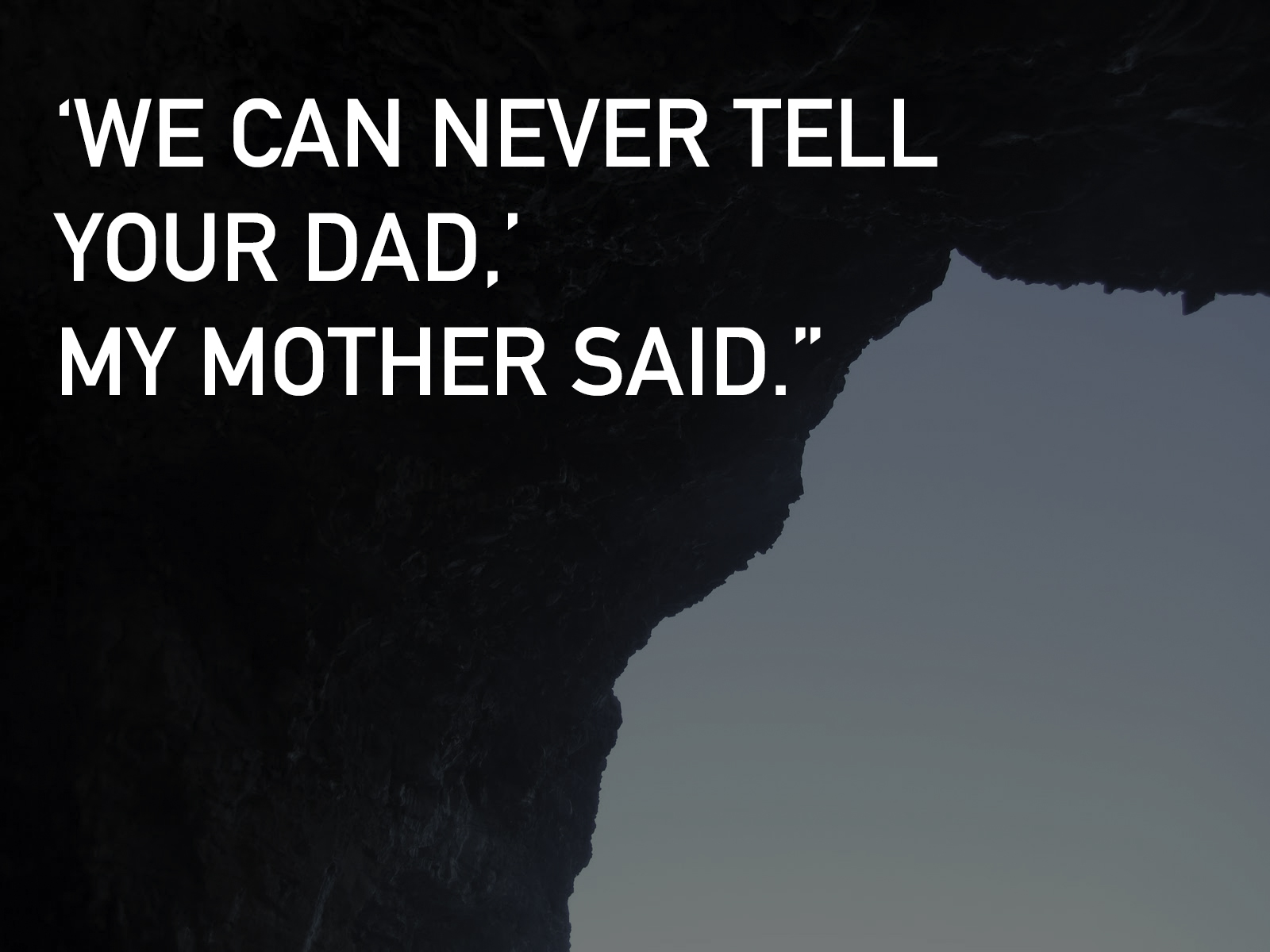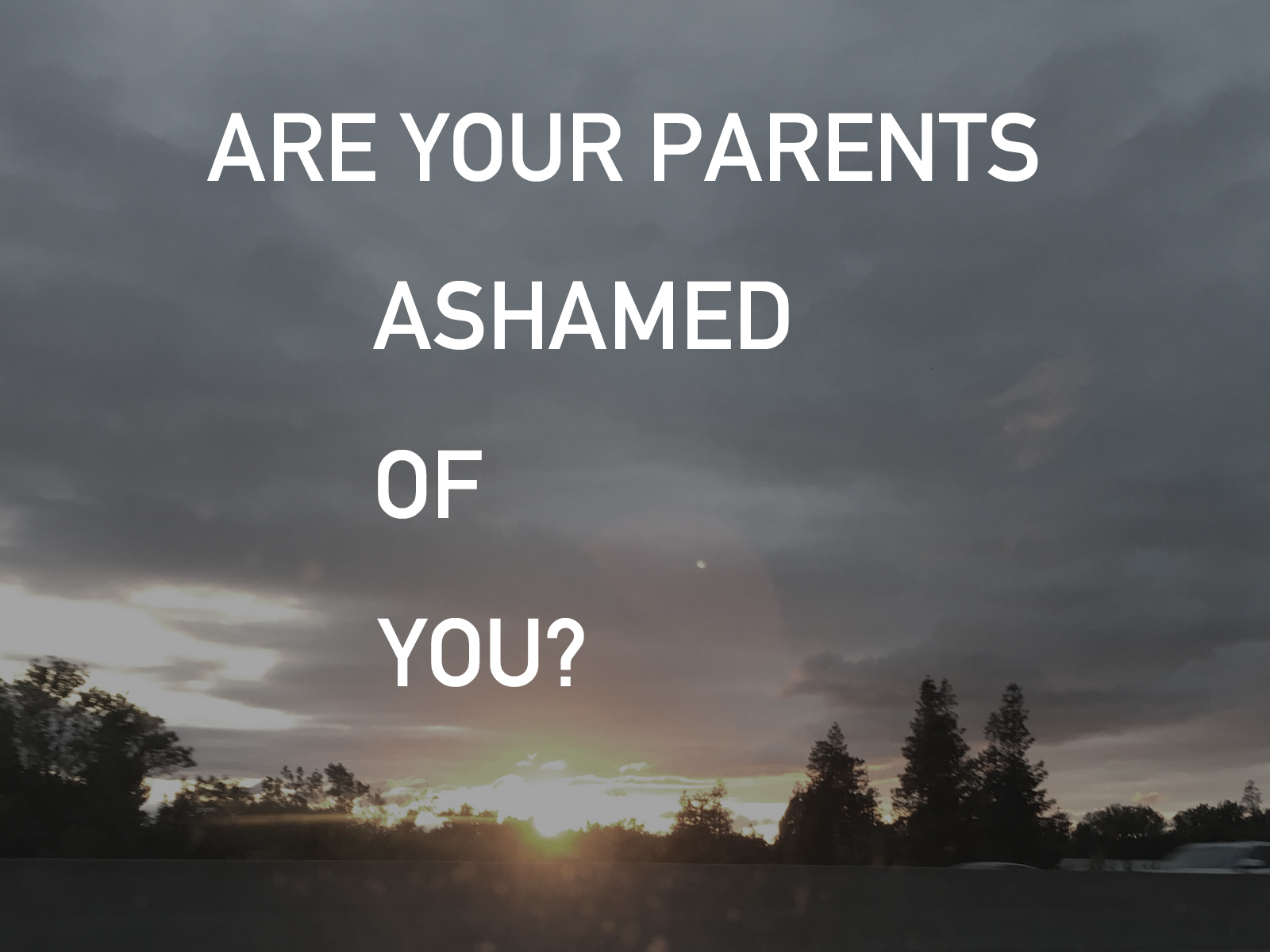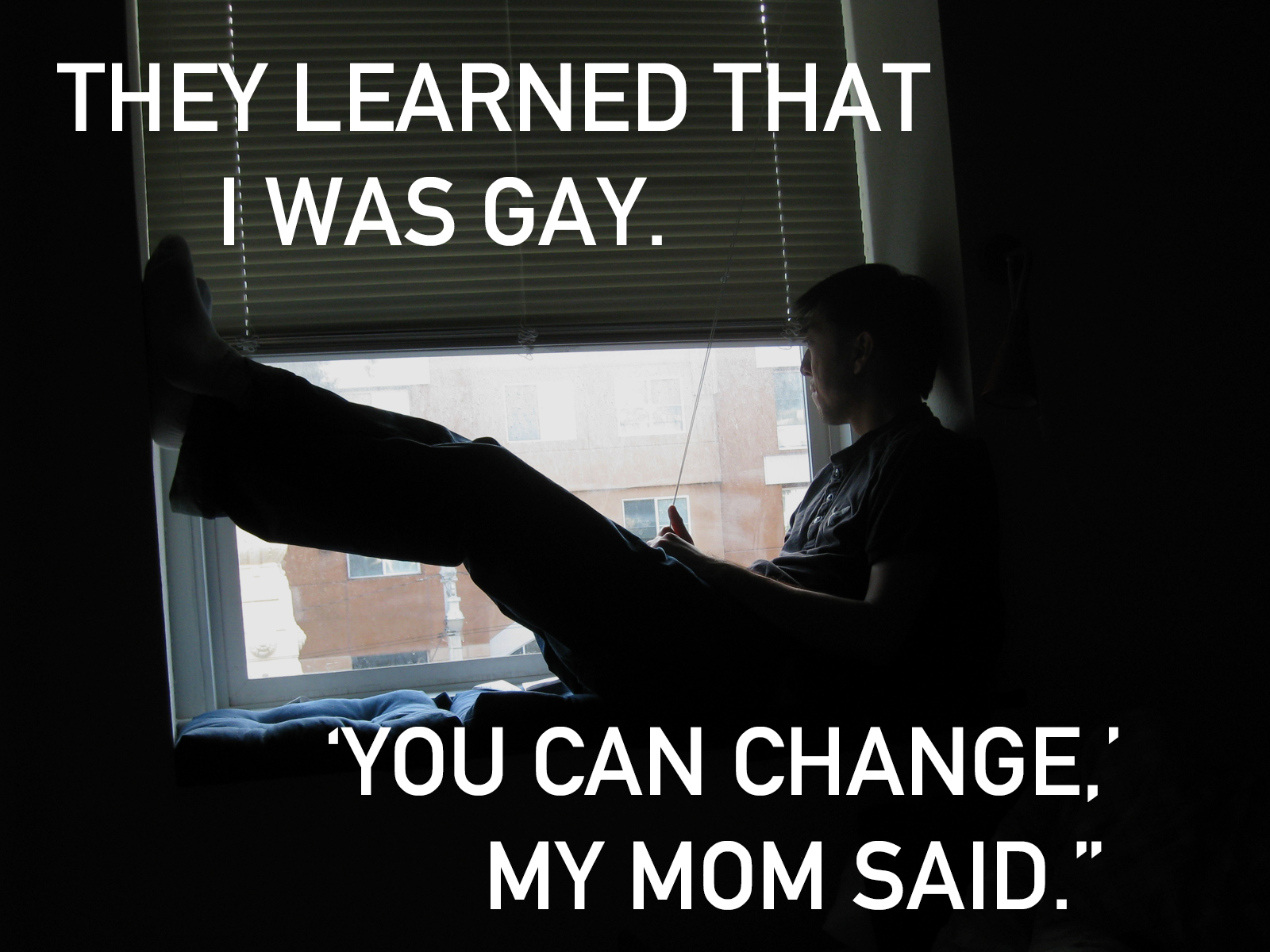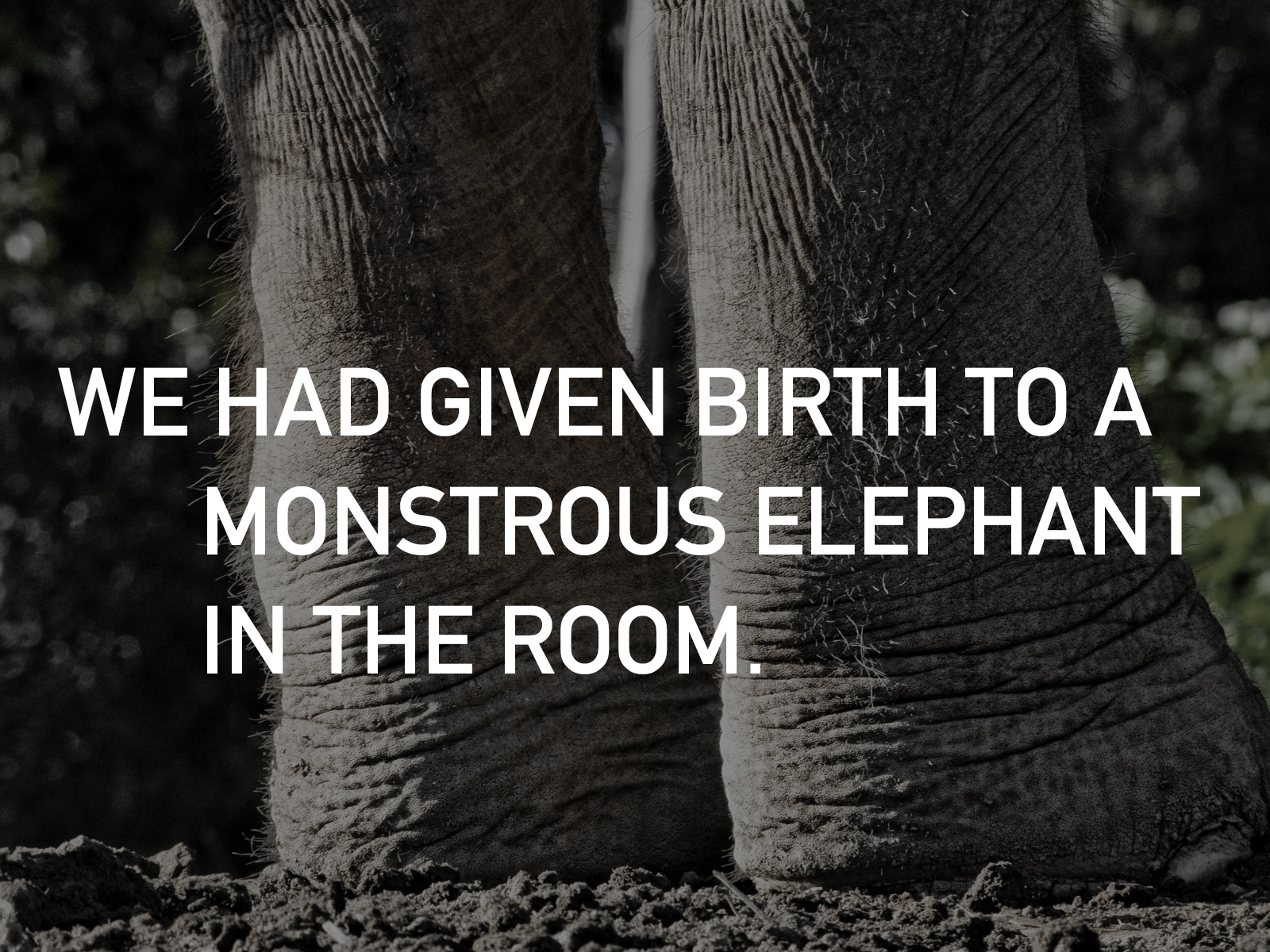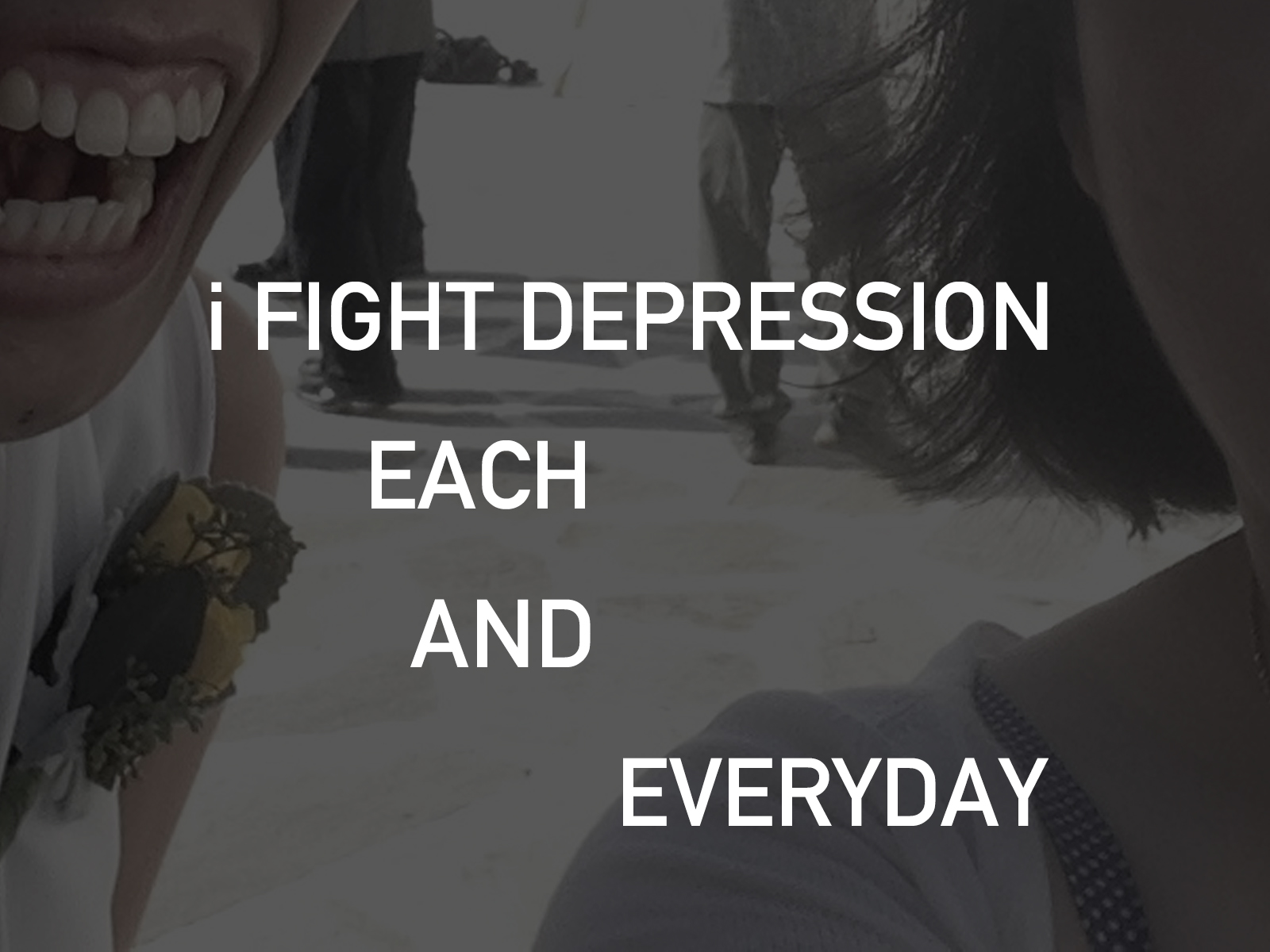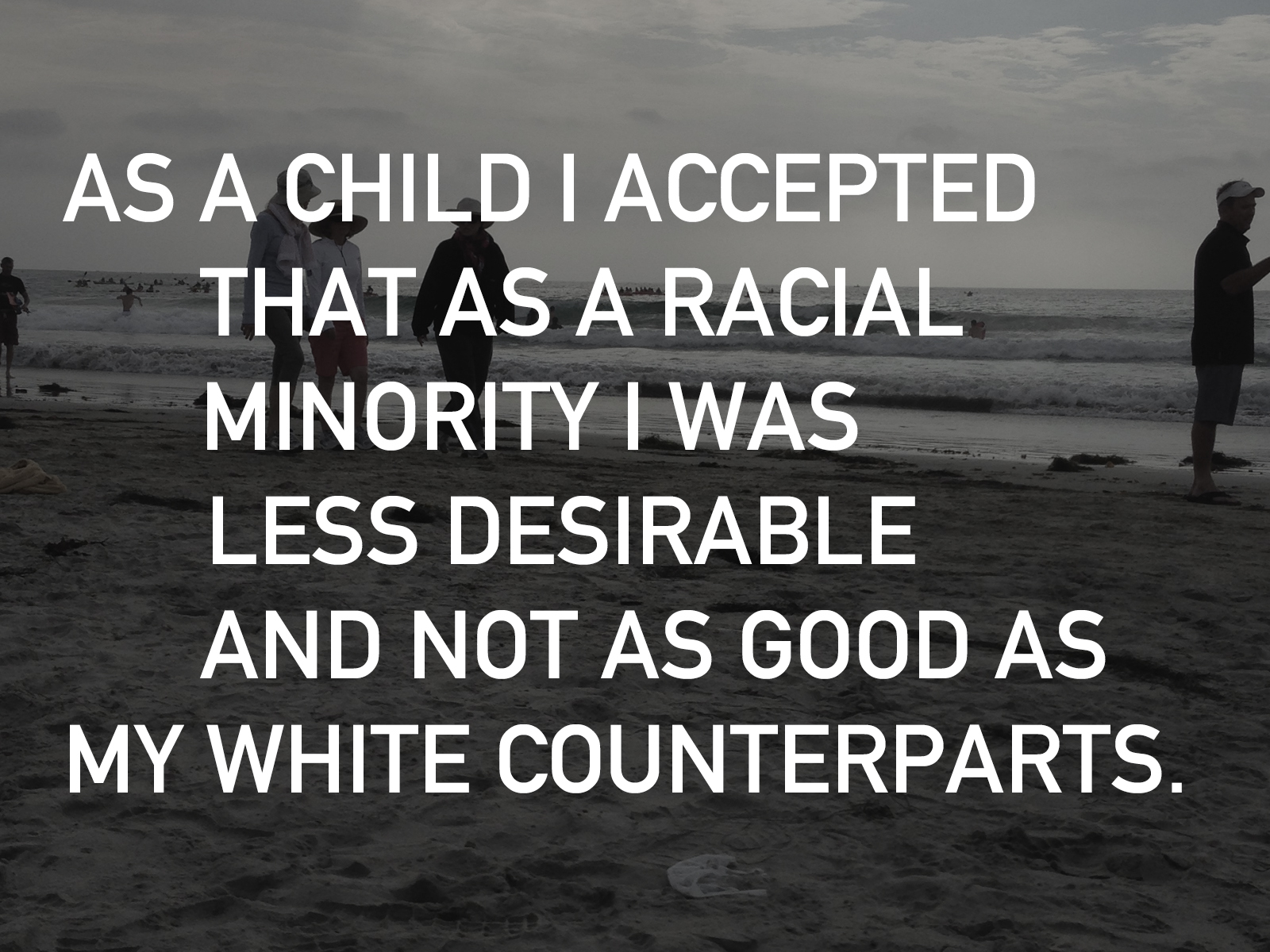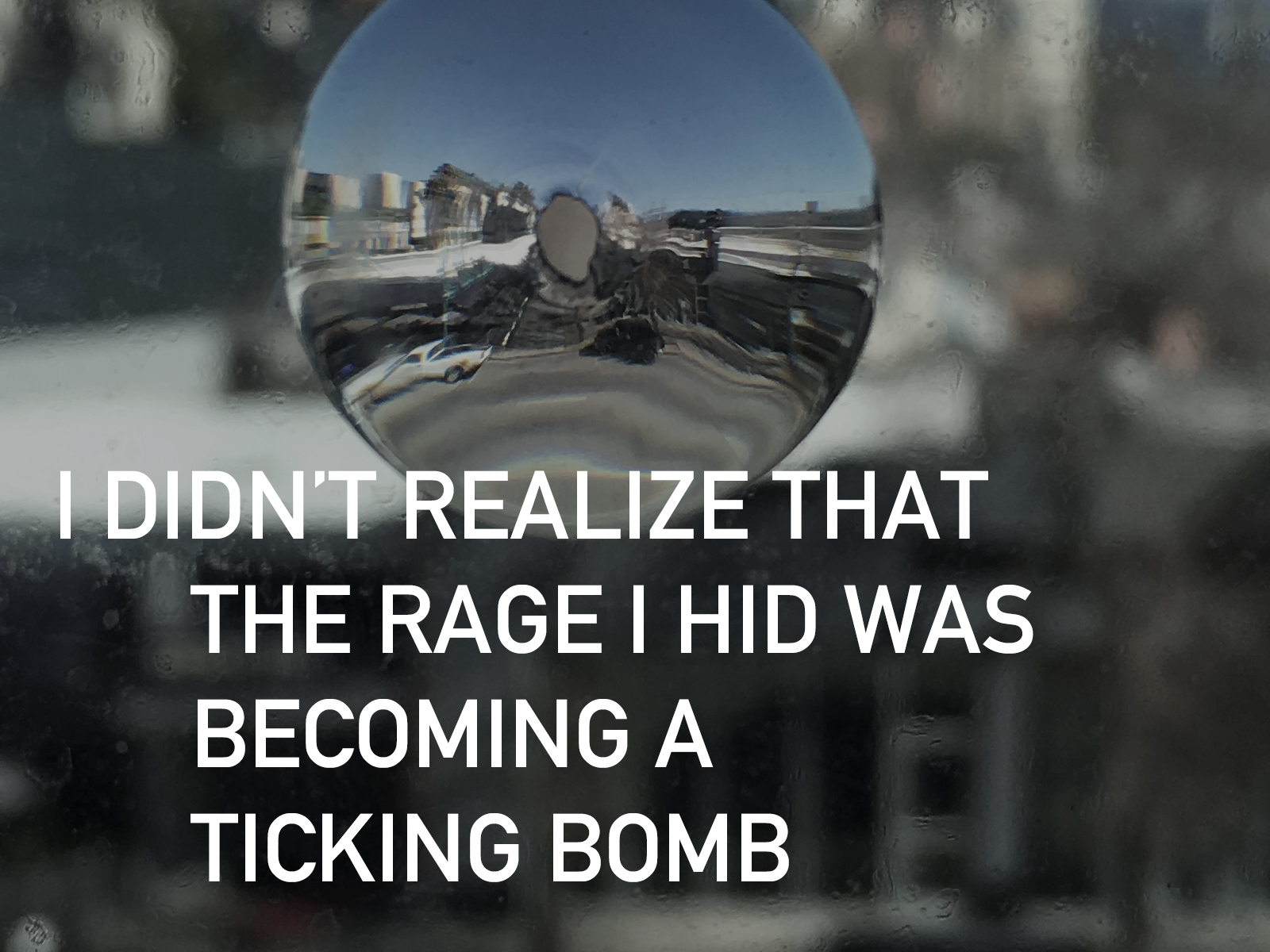I felt ugly. For as long as I could remember that’s how I felt. I didn’t know where the thought originated. It wasn’t as if someone ever said to my face, it was just a fact that I came to accept, that I would recite to myself in the mirror. I made a subconscious decision that if I couldn’t be beautiful like the friends I had grown up with, I would at least be the best I could at what I knew came naturally for me—school.
My freshman year of college was the first time I actually came to confront these feelings of insecurity and inadequacy. For the first time, I was surrounded by oceans of people smarter than me. All the studying in the world seemed to account for nothing. I had nothing to turn to define me or make me feel better about myself. I realized the stark reality that I my intellect could not assuage my lack of self-worth and low self esteem. I realized the futility of seeking my worth in what other people thought of me, the accolades, the As, etc. I realized for the first time I was working for others affections, working for them to notice me, and everything that I had built myself up as actually meant absolutely nothing. It was here that I had to confront the painful truth that academic accomplishment had only shielded me for a time.
Freshman year of college I verbalized for the first time in my life, the lie that I had lived under for as long as I could remember—the lie that I was ugly. And when I finally uttered those words to another human being, I actually felt its power begin to break over my life. It was as if I was blind to it this whole time, and when I finally was able to name it, and recognize it as a lie, that I began to get free from it. I began to cry when I said it, and simultaneously I realized that I had not cried for over a decade. Somewhere down the line I had stopped feeling because I was taught that my emotions didn’t mean anything.
That same year I had two repressed memories come back to me. The first was recalling that I had been molested by my older half-brother when I was 9 years old. And the second was of my mother would put me in front of a mirror whenever I cried as a child, and telling me I was ugly. It was painfully difficult to reckon with these truths and spent much of undergrad seeking out counseling and healing from these deep wounds. I mention these incidents because my path to realizing my own beauty, worth, and self confidence came only as a result of working through these painful things. For once I knew the obstacle of loving myself was rooted to specific times in my past where I felt particularly unloved and unlovely. I found freedom in knowing that my feelings of ugliness and paralysis came from somewhere, from incidents in my past that had allowed insidious lies to creep in.
I began to see my family in a different light. I saw how my mother’s way of getting me to stop crying was inextricably linked to the ways she had trained herself to cope with her husband’s infidelity. I saw how my brother’s sexual perversion stemmed from his own lack of receiving love from our father, and the ways that we were all intertwined in cycles of sexual perversion so pervasive in Filipino families.
Almost a decade later, I know that I am free because I have fought to break the silence over these hidden things that were never (and still not) ok to mention to my family. I have found that I am not alone in my pain or in my experiences and have garnered hope through those who have dealt with similar issues. I was able to overcome because I had friends come alongside and help me process my emotions. It meant the world to have the support of women who had struggled with similar issues. They taught me to live victoriously instead of wallow as a victim in self-pity. I found solace and hope in knowing that I was not alone and I learned the power and importance of speaking out about what was considered shameful. I know that I am free because the conscious decision I make to choose the truth that I was created beautiful inside and out, especially on days when I don’t particularly feel it.
Over the years I have had the honor of helping many women who are struggling with eating disorders, the same issues of loving themselves, and feelings of insecurity about their bodies. Many times women have confided in me about their experiences of sexual abuse and are surprised to find that they are not alone, that someone actually understands how they feel and has learned to contend for truth over the lies. I know that I have freedom from these lies so I can help set others free. When I speak about my experience, I know it begins to break the silence for those who have been unable to speak about their experiences.
LC
